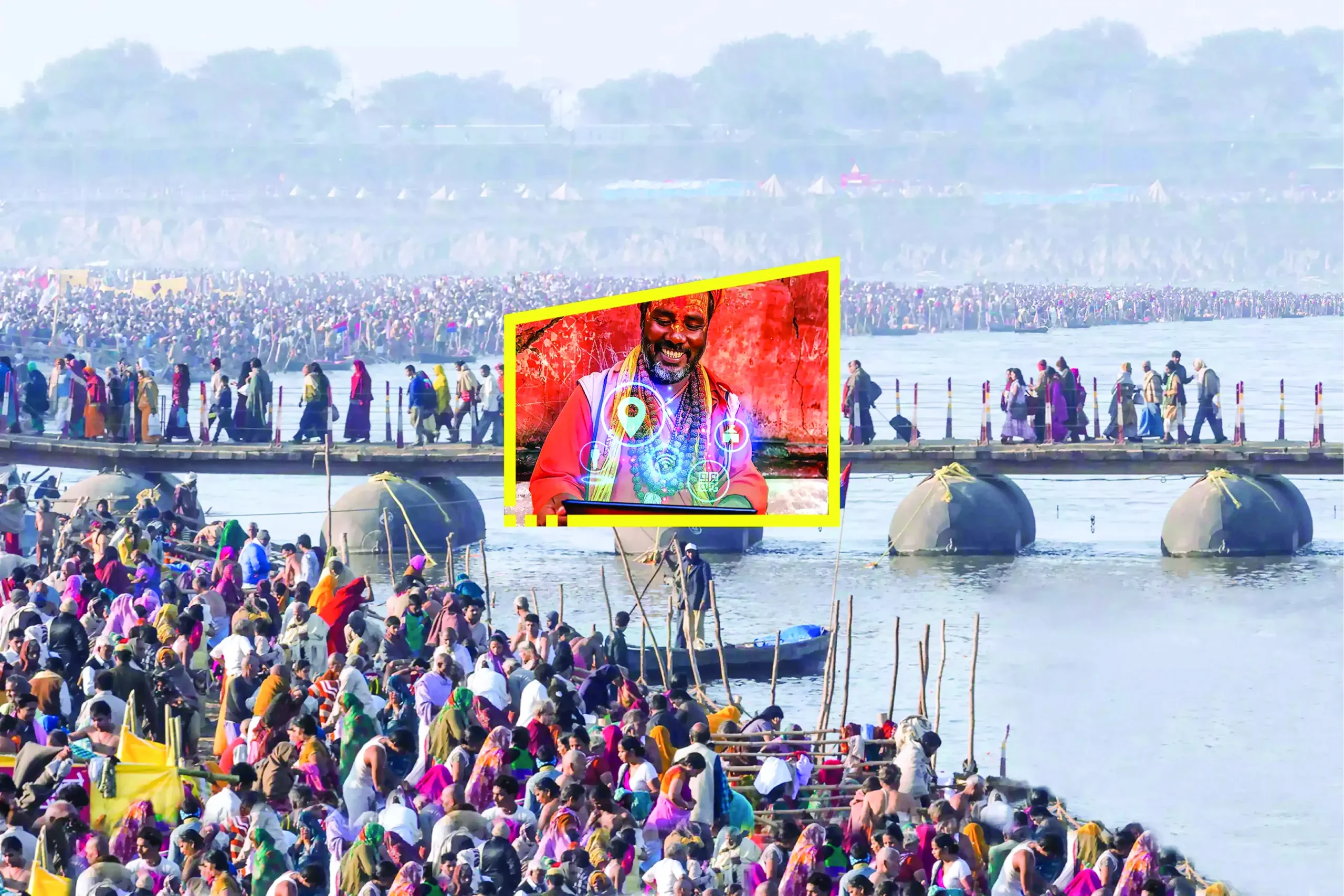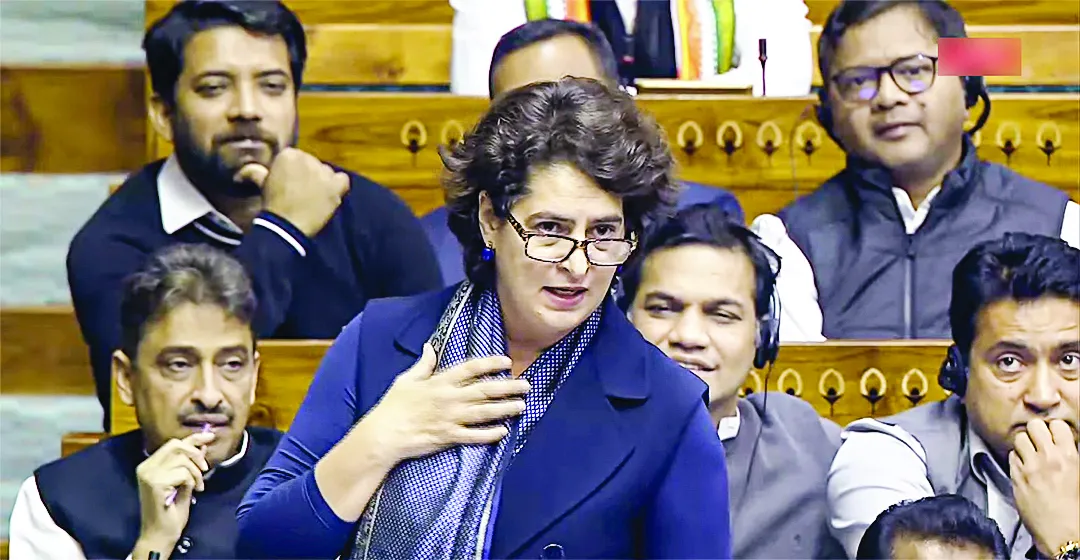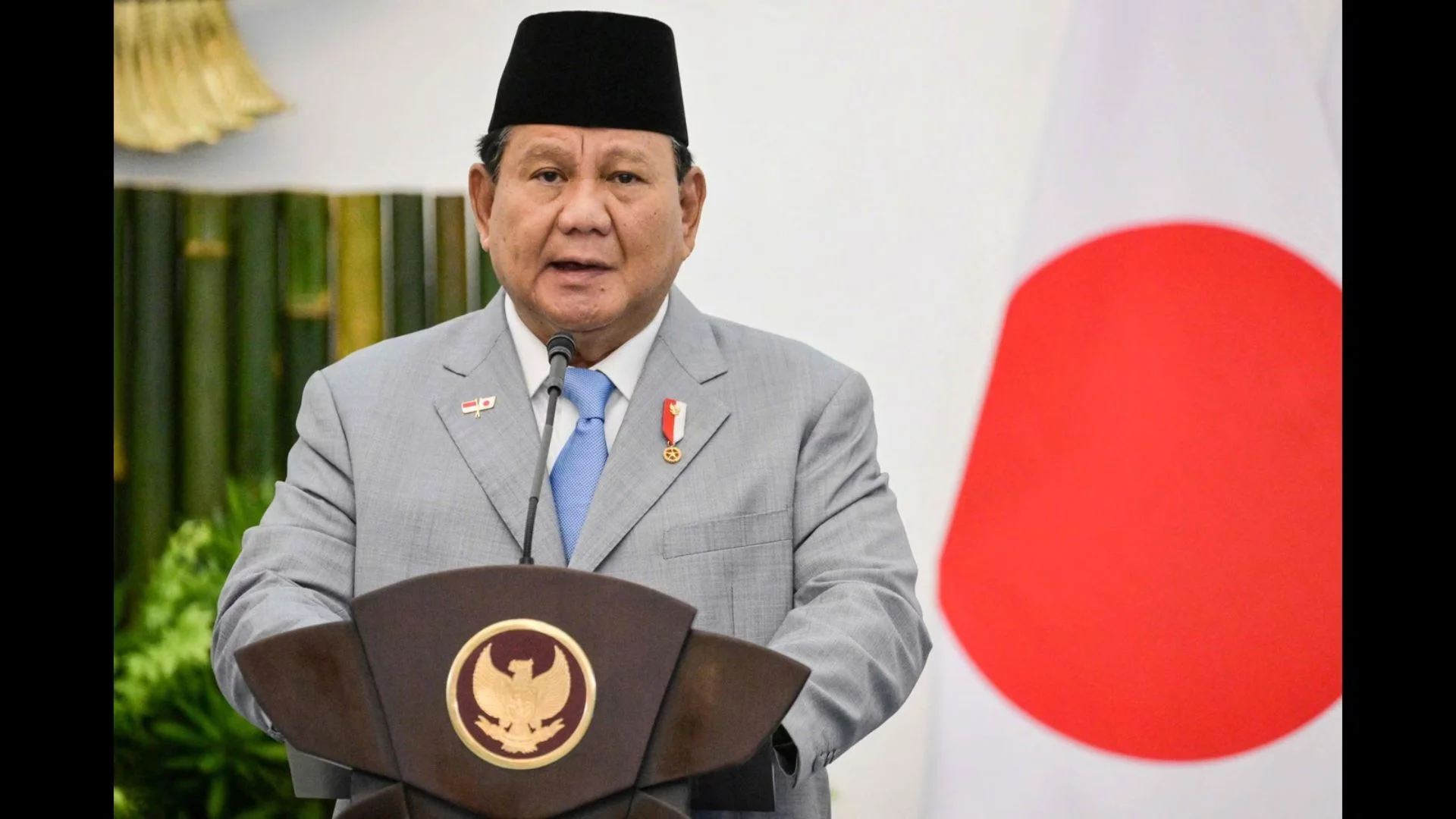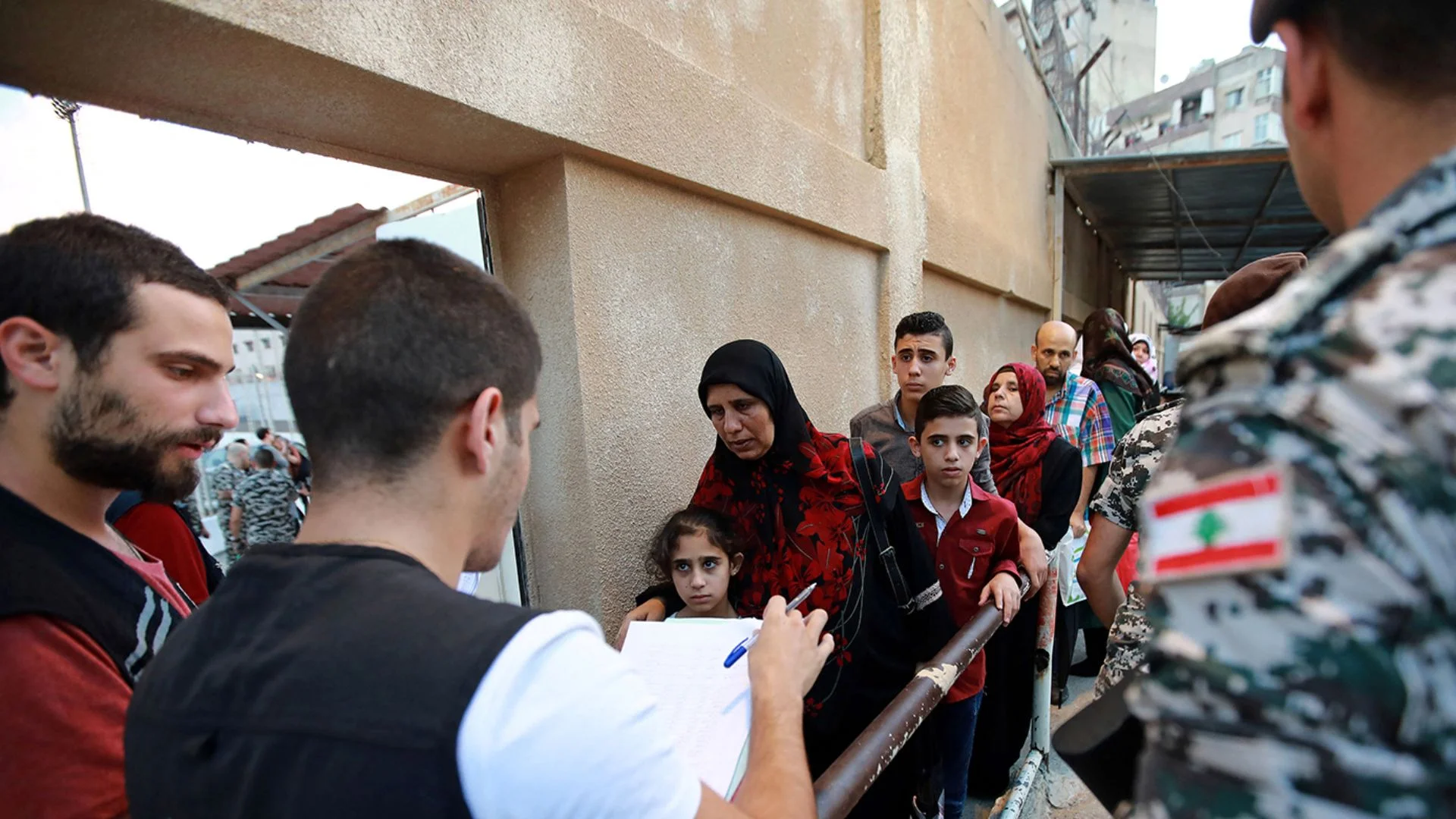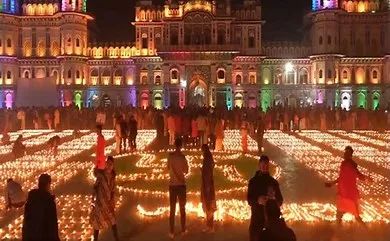The Ministry of Electronics and IT hereinafter called as (MeitY) has announced new regulations to protect online gamers from harmful content and addiction. The new proposed rules are to ensure that online games which involve and promote wagering will be banned completely including advertising. The new rules also bring self-regulatory bodies (SRB). The SRB will verify and certify the permissible online games.
The rules cast an obligation on intermediaries, including social media platforms and app stores, to make reasonable efforts not to host, publish or share any online game that causes user harm or which has not been verified as a permissible online game by an online gaming self-regulatory body (SRB) designated by the Central Government. The rules even disallow intermediaries to host or display any advertisement or surrogate advertisement or promotion of an online game that is not a permissible online game. This will help to address the growing menace of online ads of illegal betting and gambling operations targeting Indian users.
In the backdrop of the above rules, we would like to draw the attention to a case which was very much in the media. In the year 2018, a Chinese company M/s Beijing Tomorrow Power Company and its promoters Ling Yang, Ming Yang, Mrs. Jinling Wan and other directors Liu Yang, Yan Hao with the help of some Indian Chartered Accountants floated multiple Indian companies. In fact, in brief, they lured many gullible Indians to play online games, more specifically they had to deposit amount into the accounts of online games and they were lured to deposit a certain some of amount at the point of subscription and also they had an option to deposit money in their wallets. In the instant case, around Rs. 104 crore was illegally transferred to related foreign companies based in the Cayman Island. The Government of India must be cautious while allowing the gaming apps to flourish in India and to have a check and balances through SRBs and also by their own direct monitoring of these activities, otherwise these gaming apps may open a plethora of cases of money laundering off-shore using the very same modus operandi. It appears to us and in our considered view, the Government of India is having a view to allow the gaming apps to flourish in India, there cannot be a blanket ban, till the time the games are “permissible”. In spite of all, regulations gaming apps flourish in India in recent times, which is directly involved in wagering and the regulations in India, such as MeitY, Ministry of Finance and more Importantly the Ministry of Home Affairs have failed to put a ban on such apps.
It is pertinent to mention that there is a Writ Petition (C) No. 9436 Of 2020 titled as Avinash Mehrotra v. Union of India and Others, pending before the High Court of Delhi at New Delhi. The writ petition seeks a direction in the nature of a Writ of Mandamus from the honourable court to the authorities to take appropriate steps to ban/prohibit gambling/betting/wagering/gaming websites from operating in India.
In the matter of Dr K.R. Lakshmanan v State of Tamil Nadu (AIR 1996 SC 1153) where the Supreme Court distinguished between “games of chance” and “games of skill” and stated, albeit as its obiter dictum, that: “a game of chance is one in which the element of chance predominates over the element of skill, and a game of skill is one in which the element of skill predominates over the element of chance”. The Apex court stated: [In a] game of skill […] although the element of chance necessarily cannot be entirely eliminated, is one in which success depends principally upon the superior knowledge, training, attention, experience and adroitness of the player. This judgement clearly leaves a grey area, and to distinguish between a “games of chance” and “games of skills” lies on discretion of the courts in India, rather than the regulatory authorities and more so, the SRBs may not be competent to decide, if a particular gaming application is permissible or not in the lines of the above-mentioned land mark Judgment of the Highest Court in India.
There are other legal challenges which may prevent the working of the SRBs and there could be limitations and impediments. Only the State governments have the right to legislate on “betting and gambling” pursuant to Item 34, List II (State List) under the Seventh Schedule of The Constitution of India, 1949.
The States have exclusive power to make laws on this subject including power to prohibit or regulate gambling etc. in their respective territorial jurisdiction.
Gambling and betting might be considered morally questionable, the framers of the Constitution were cognizant of the fact that it would be nearly impossible to completely prohibit these activities. This difficulty has increased manifold with the advent of the World Wide Web and Internet Technology. Thus, the decision to put gambling and betting under the State List, empowering the States to regulate these activities as per the socio economic conditions of that particular State has proven to be a right decision.
The states like Gujarat and Maharashtra, Meghalaya, Rajasthan, Tamil Nadu, Sikkim among many others have resorted to enacting their own gambling legislations.
The 276th Law Commission Report suggested a delineation of power between the Centre and the State to ensure uniformity in legislation. It advised the Parliament to adopt a model law that would subsequently be adopted by the states.


Pankaj Singh is a former expert on mission to the United Nations High Commissioner for the Refugees & Advocate at Supreme Court of India. Anurag Das is a practising advocate at Supreme Court of India.



